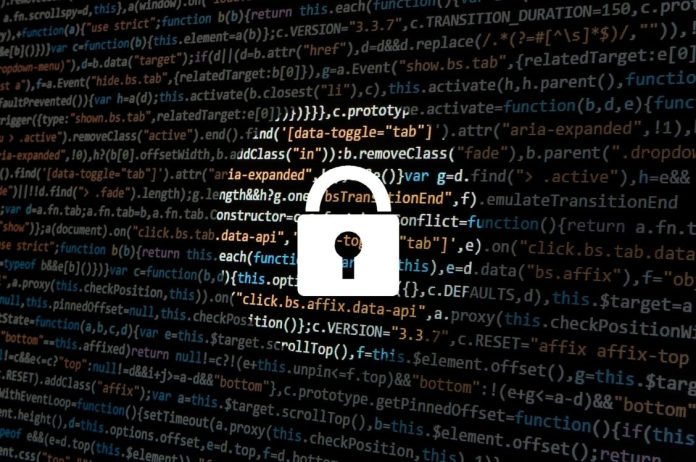Brazil has a team of official FBI agents called CAT – Cyber Action Team, trained and instructed by Special Agent Marco Gonzalez. They operate globally on cyber incidents, conducting investigations, appraisals, and implementing strategies to ensure the security and protection of sensitive data for organizations and citizens. In an era of digitalization and artificial intelligence, cybercrime attacks and scams are identified with high frequency. Therefore, it is important to investigate the tactics used by digital criminals to overcome the challenges of this increasingly interconnected and threatened landscape.
At the Cyber Security Summit 2024, held on October 28th and 29th in São Paulo, Marco, an FBI agent, shared insights into investigations conducted by his team in Brazil – a country ranked as the 2nd most cyberattacked in the world. The increasing sophistication of crimes jeopardizing Brazilian cybersecurity, in general, has brought global-scale attacks that, in addition to compromising information, threaten the security and reputation of both government and businesses. "Among the main types of threats identified, we find data providers participating in criminal groups and multinational institutions specializing in information theft for financial gain. Furthermore, hacktivism is a concern, as individuals motivated by political or social reasons seek to expose information rather than profit financially. Terrorism is also becoming a significant issue, with organizations using the internet for recruitment and the propagation of extremist ideologies," explained the agent.
According to the agent, the investigation revealed that the criminals' primary methods of operation often involve exploiting human vulnerabilities, taking advantage of flaws and finding opportunities in mistakes made by collaborators who may be demotivated, dissatisfied, or even using social engineering to gain access to systems. In this regard, Marco also warns that the collection of sensitive data can also occur through social media to understand behaviors and plan attacks.
To combat threats of hacking or even prevent new attacks from succeeding, the FBI has adopted well-defined and strategic measures. The first is vulnerability reduction, promoting collaboration between government and the private sector to share information and strengthen cybersecurity. The other practice is threat reduction, involving initiatives to change behaviors and increase awareness of security practices. Finally, damage reduction is a priority, with the creation of clear processes to respond to attacks and quickly restore operations. "Our team works with local and state authorities to improve the response to cybercrimes, offering training and technical support. Collaboration with the private sector is encouraged by the FBI, and we seek companies that report cyber intrusions, fostering a joint approach in the fight against cybercrime networks," concludes Marco Gonzalez.
Cybersecurity requires a collaborative effort between government and the private sector, according to perspectives highlighted by an FBI agent with years of experience in Brazil. "Information sharing and cooperation are essential to facing the constant evolution of cyber threats and the frequent emergence of new scams," emphasizes Gonzalez. The agent's approach introduced the term "one team" during his participation in the Cyber Security Summit Brazil to clarify the importance of joint workforce and integrated efforts to reduce human vulnerabilities, thereby minimizing the damage caused by incidents quickly and effectively.


